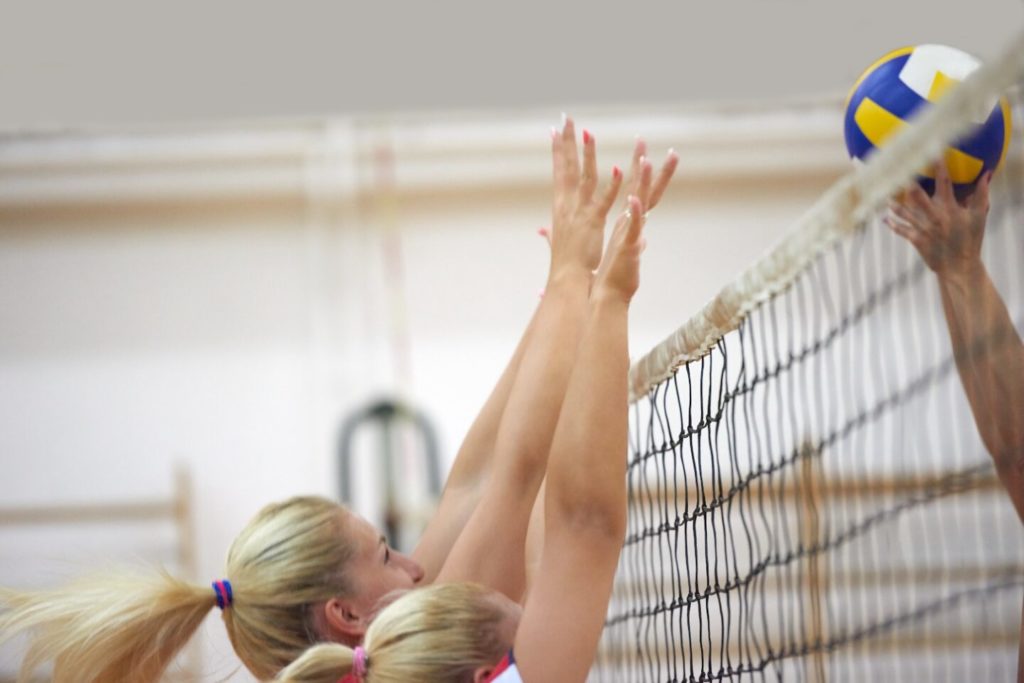Idaho House calls on NCAA and Mountain West Conference to get men out of women’s sports
“Get males out of women’s sports,” the Idaho House recently demanded from two major collegiate sports bodies.
The Idaho House passed a non-binding resolution 61-8 last week calling on the…

“Get males out of women’s sports,” the Idaho House recently demanded from two major collegiate sports bodies.
The Idaho House passed a non-binding resolution 61-8 last week calling on the National Collegiate Athletic Association (NCAA) and the Mountain West Conference to ban male transgender-identifying athletes from college sports.
The calls came in response to the Boise State University women’s volleyball team refusing to play against San Jose State University, a team with a male player, last fall. Boise State forfeited three games against the opponent. Both teams are in Mountain West.
“The Legislature calls on the NCAA to revoke its transgender student-athlete participation policy, which directly discriminates against female student-athletes in collegiate women’s sports and ultimately placed the Boise State University women’s volleyball team in this position,” the resolution said. “The Legislature reminds the NCAA that President-elect Donald J. Trump has committed to restoring protections for women and girls in women’s sports when he takes office and that a failure to change these regressive policies would place states in direct conflict with the federal government.
“Furthermore, the Legislature calls for NCAA President Charlie Baker to acknowledge the directive to the NCAA from the 25 states that have passed legislation protecting fairness in women’s sports. It is not necessary for the federal government to take action first, as the states and the people have spoken, and it is time for the NCAA to do the right thing.”
A few Democrats joined Republicans in supporting the resolution, filed by Idaho state Rep. Barbara Ehardt, a Republican.
Ehardt was Cal State Fullerton’s women’s basketball coach from 2000 to 2003, an NCAA Division 1 school.
She also was the lead sponsor of the first transgender athlete ban bill signed into law in 2020. Since then, 24 more states have followed suit. Before that, some state athletic association statutes had their own bans, but nothing codified in state law.
“You see, in sports we have requirements. We have standards and it is not based on feelings,” Ehardt told NPR. “We have these in order to participate to ensure fairness for all.”
Biological males have won girls’ track state championships in at least seven states in the last two years: Massachusetts, New Hampshire, Maine, Connecticut, Oregon, Washington and Nevada. Outside of track, transgender-identifying athletes have also won Most Valuable Player awards, made all-state teams and injured girls.



